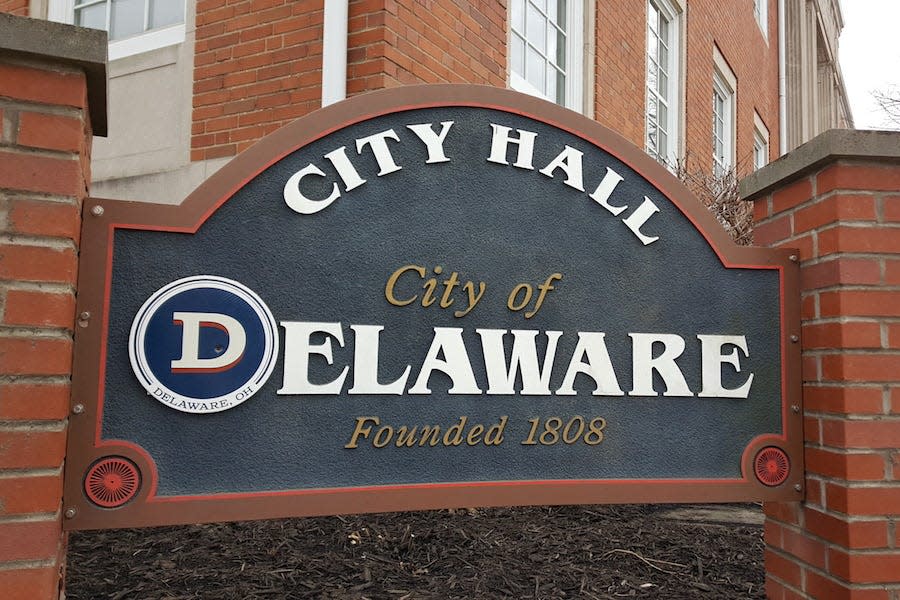Delaware: Michigan court case prompts city to revisit tree-preservation requirements
A federal court ruling, a proposed residential development and complaints from residents all converged to create a focus on trees during Delaware City Council's Nov. 22 meeting.
The ruling was issued by the U.S. Court of Appeals for the Sixth Circuit on Oct. 13 and affirmed a district court’s decision against the Charter Township of Canton, Michigan, after it was sued by a developer.

The township had approved an ordinance prohibiting the developer from removing trees on its land without a permit and required the developer to mitigate tree removal by either replanting the trees or paying $47,898 into the township's tree fund. The district court and court of appeals agreed with the developer's contention that the township action was unconstitutional.
Municipalities around Ohio for decades have used some system of mitigation when developers fell trees, City Manager Tom Homan told ThisWeek.
He told council Nov. 22 that a number of cities and the Arbor Day Foundation quickly became aware of the Michigan court case.
The city needs to make sure its tree mitigation ordinance is defensible in court, he said, adding that its preservation of trees is one thing that sets Delaware apart from other cities.
"I think the key here is to understand there's a recent court decision ... and that we need to understand that better, that decision, in light of our current ordinance. I think that's what we need to do," Homan said.
City planning director David Efland suggested the city look at its entire zoning code, which includes what he called a base tree chapter.
City zoning also addresses tree removal in its section on planned mixed developments, which looks at the particular circumstances of each development proposal, Efland said.
For that reason, he said, city PMD zoning, "I think, has a higher degree of defensibility than our base tree chapter."
Trees also factored into neighbors' opposition to ordinances to approve rezoning, a conditional-use permit, a preliminary development plan and a preliminary subdivision plat for a residential development proposed by JiAngelo Buildings LLC on 9.59 acres east of U.S. Route 23, just south of the Delaware Golf Course.
Neighbors wrote nine letters – included in the meeting's agenda packet – that opposed the development, which would contain up to 40 single-family homes.
Most of the letters said the development would increase traffic, threaten children's safety and remove too many trees from the site.
Council approved the ordinances, which were up for their final readings, with unanimous votes.
Council member Lisa Keller said earlier that day the city had received a "petition to protect the natural resources on JiAngelo Builders parcel."
Council voted unanimously to decline the requested action.
Council member Cory Hoffman said the petition requested action to establish a park at the development site, but it is not feasible to put a park on land a developer brings to the city for rezoning.
Also in the meeting's agenda packet was a petition presented to the city’s Shade Tree Commission on Oct. 26.
Titled "Petition to improve tree preservation practices in the city of Delaware," its requests included requiring developers to conduct iTree studies on their proposed development sites.
The iTree website, itreetools.org, says its system provides methods to assess tree and forest data and benefits in specific locations.
Homan told ThisWeek on Dec. 1 that a commission meeting Nov. 30 included considerable discussion about the Michigan lawsuit and the need for Delaware to take a detailed look at its code on tree preservation.
He said he would "recommend to City Council that we embark on that effort in the first quarter of the new year."
The U.S. Court of Appeals for the Sixth Circuit ruling can be found at tinyurl.com/y4ju67mj.
editorial@thisweeknews.com
@ThisWeekNews
This article originally appeared on ThisWeek: Court case prompts city of Delaware to revisit tree-preservation rules

